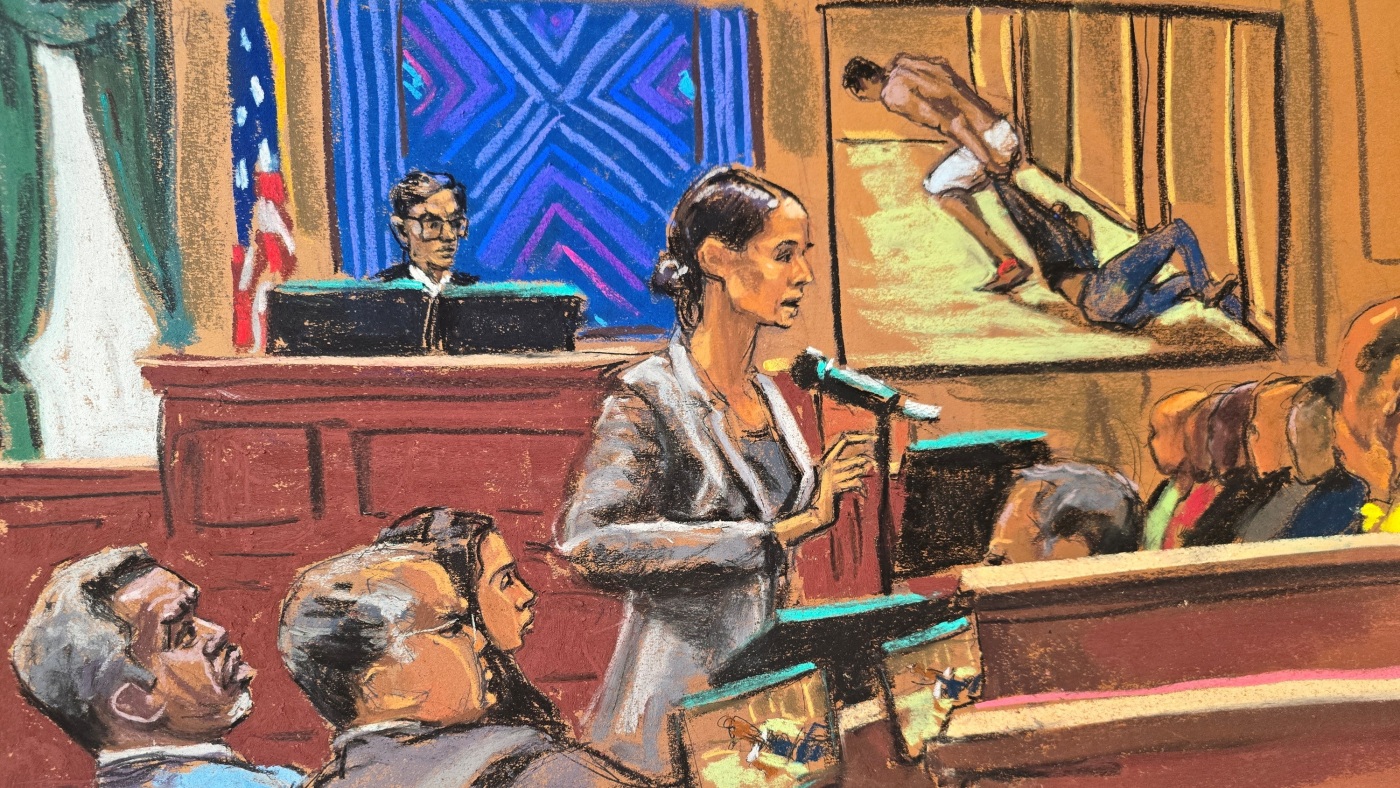s the first time the Racketeer Influenced and Corrupt Organizations Act (RICO) had been used in a case involving a high-profile entertainment figure. Prosecutors argued that Combs and his associates operated as a criminal enterprise, using intimidation, threats, and violence to maintain control over their victims and silence witnesses. The prosecution presented evidence of a pattern of behavior that spanned years, involving multiple victims and a network of enablers who facilitated Combs’ alleged crimes.
The prosecution alleged that Combs used his influence and resources to recruit and exploit young women, many of whom were aspiring models or entertainers. They argued that Combs and his associates used promises of fame and fortune to lure these women into situations where they were subjected to sexual exploitation. The prosecution presented testimony from several women who claimed to have been victimized by Combs, as well as evidence of payments made to silence them.
The prosecution also presented evidence of witness intimidation, alleging that Combs and his associates used threats and violence to prevent victims and witnesses from coming forward. They argued that this created a climate of fear that allowed Combs to continue his alleged criminal activities unchecked.
The Defense’s Counterattack
The defense team, led by high-profile attorney Joseph Tacopina, sought to dismantle the prosecution’s case by portraying Combs as a victim of a coordinated smear campaign. Tacopina argued that the case was built on the testimony of unreliable witnesses, many of whom had financial motivations to lie. He also argued that the prosecution had failed to present any direct evidence linking Combs to the alleged crimes.
Tacopina also sought to humanize Combs, portraying him as a loving father and a successful businessman who had been unfairly targeted by the government. He argued that the case was a politically motivated attack on a prominent Black entertainer, and that the prosecution was using the legal system to settle scores.
The Jury’s Dilemma
As the jury begins its deliberations, they are faced with a complex and emotionally charged case. The prosecution has presented a compelling narrative of a powerful man using his influence to exploit and silence victims, while the defense has sought to portray Combs as a victim of a smear campaign. The jury will have to weigh the evidence and testimony presented in the case, and decide whether the prosecution has met its burden of proof beyond a reasonable doubt.
The outcome of the trial will have significant implications for Combs and the entertainment industry as a whole. If convicted, Combs could face decades in prison, and the case could have a chilling effect on the industry, making it more difficult for powerful figures to exploit and abuse their positions. However, if acquitted, the case could be seen as a victory for the defense and a setback for the prosecution’s efforts to hold powerful figures accountable for their actions.
The trial has also raised important questions about the role of power and influence in the entertainment industry, and the ways in which these factors can be used to exploit and abuse vulnerable individuals. The case has highlighted the need for greater accountability and transparency in the industry, and the importance of protecting the rights of victims and witnesses.
As the jury deliberates, the world watches, waiting to see how this high-profile case will unfold and what implications it will have for the future of the entertainment industry.

